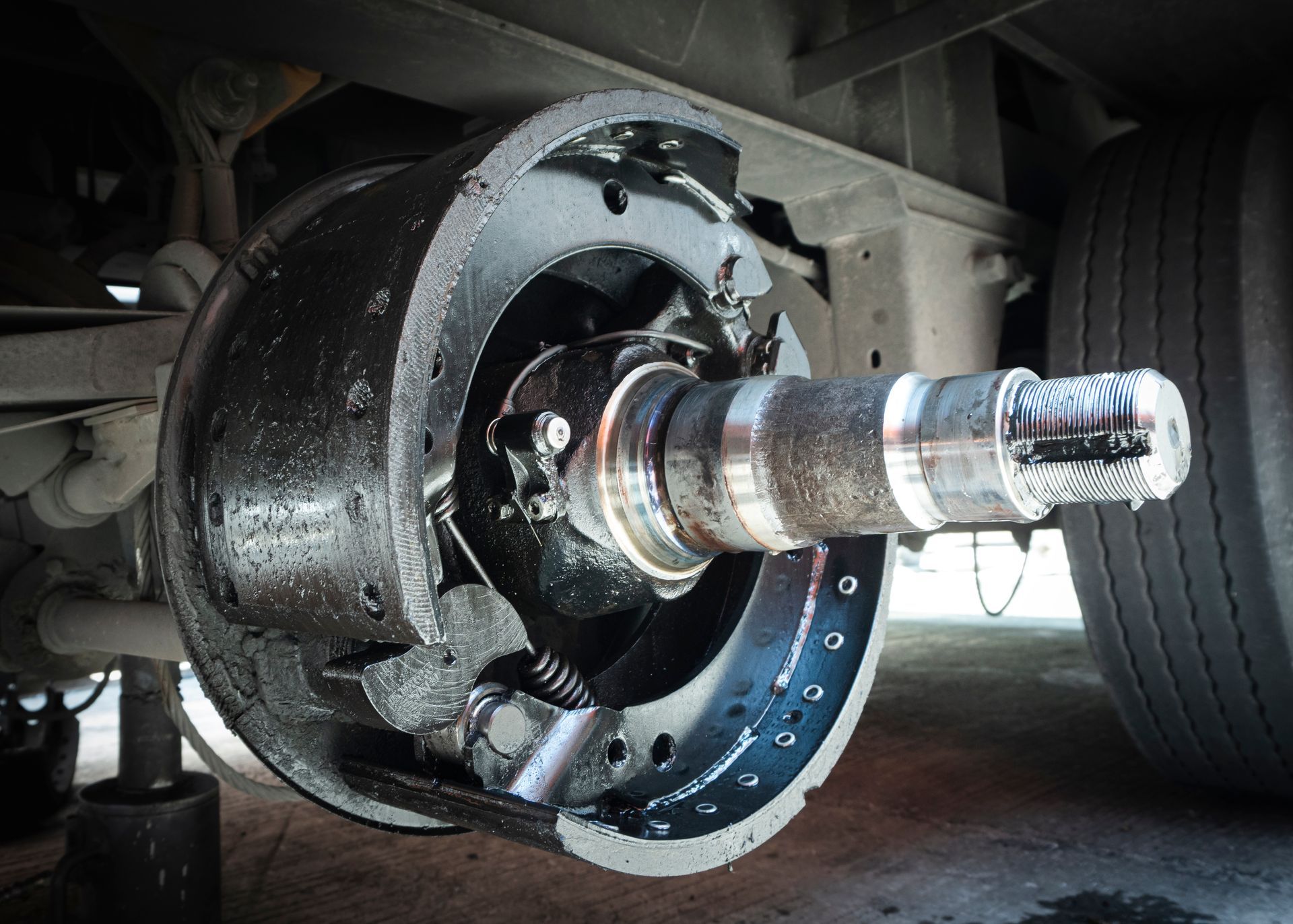Brakes
Everyone knows brakes are what stop your vehicle. But few take the time to inspect their brakes to ensure the vehicle can stop on a dime when something unexpected happens.
Brake pads and rotors work together, applying friction to slow and stop your vehicle. Due to this constant friction, brake pads wear down over time. If they wear too far, the pads will begin to cut grooves into the rotor. When this happens, both the pads and rotors must be replaced, which is a much more expensive repair than if the brake pad wear was caught early—this is why preventive maintenance like brake inspections is so important.

Another part of the braking system is the E-brake (emergency brake). Belltown Motors recommends you either consistently use your E-brake or don’t use it at all (for automatic transmissions only). E-brakes that are rarely used can rust and seize up.
Brake lines also play a crucial role in the braking process. These lines run under your vehicle, between the front and rear wheels, allowing brake fluid to flow to each caliper. The calipers then squeeze the brake pads, creating friction on the brake rotor and bringing you to a stop. Because brake lines are located under the vehicle, they are exposed to road grime and salt, which is metal's enemy. Over time, brake lines can rust out and develop holes. These holes allow brake fluid to leak onto the ground instead of flowing to the caliper, which will hinder your vehicle's ability to stop.

